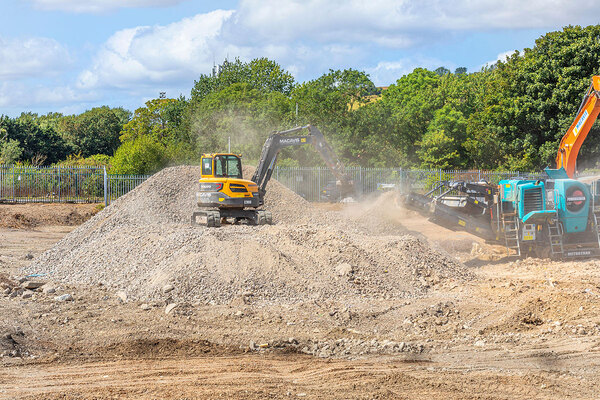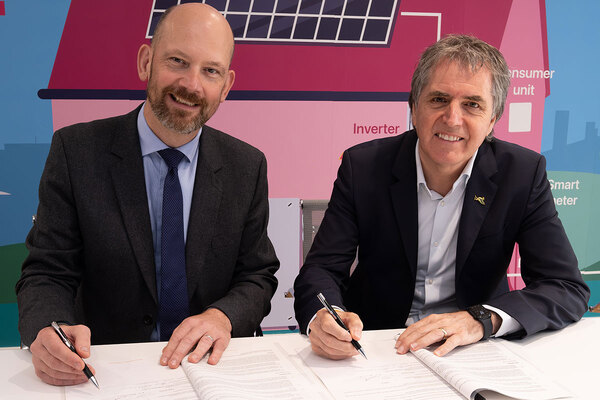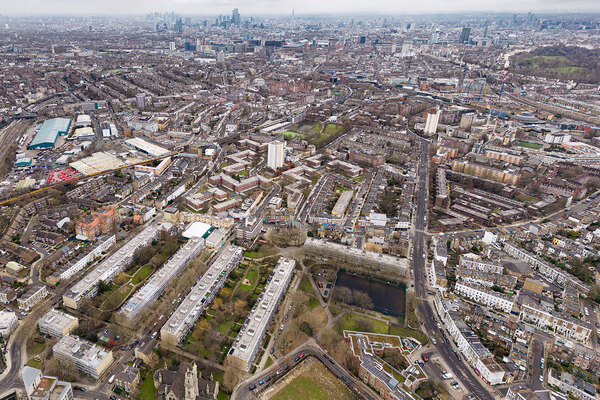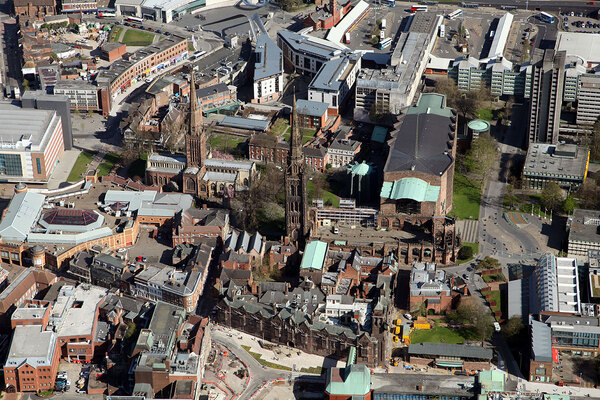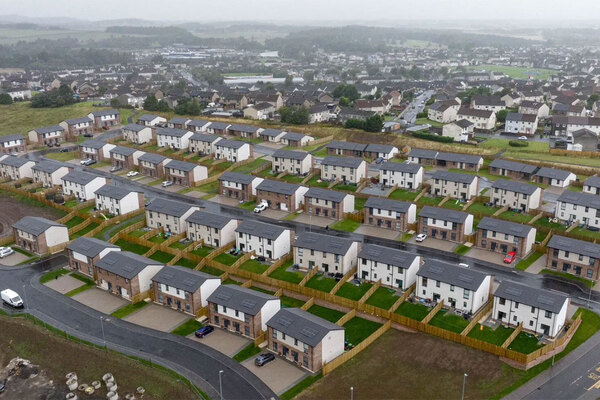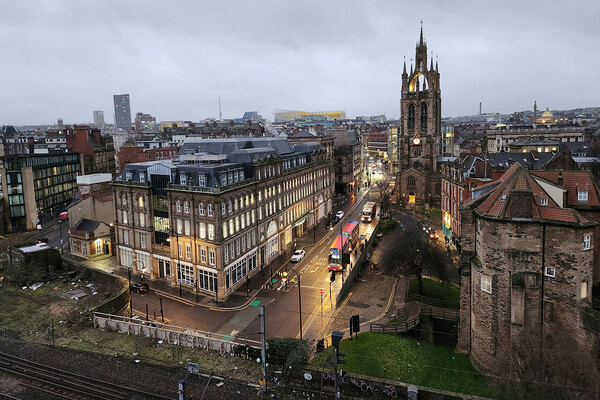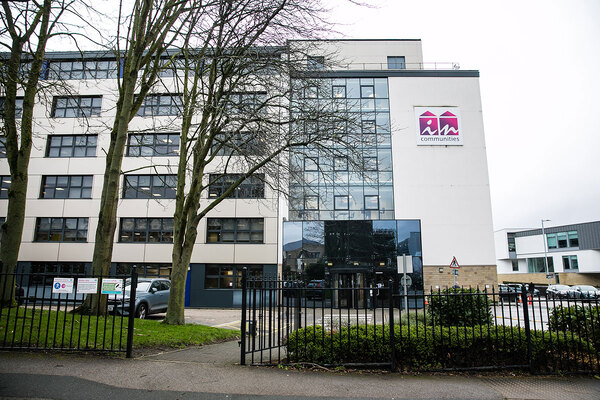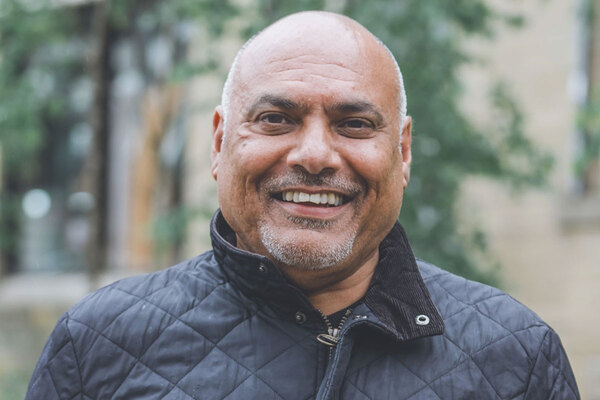You are viewing 1 of your 1 free articles
Prime minister announces £68m boost to Brownfield Land Release Fund
Prime minister Sir Keir Starmer has announced a £68m boost to the government’s Brownfield Land Release Fund to prepare challenging sites for housebuilding.
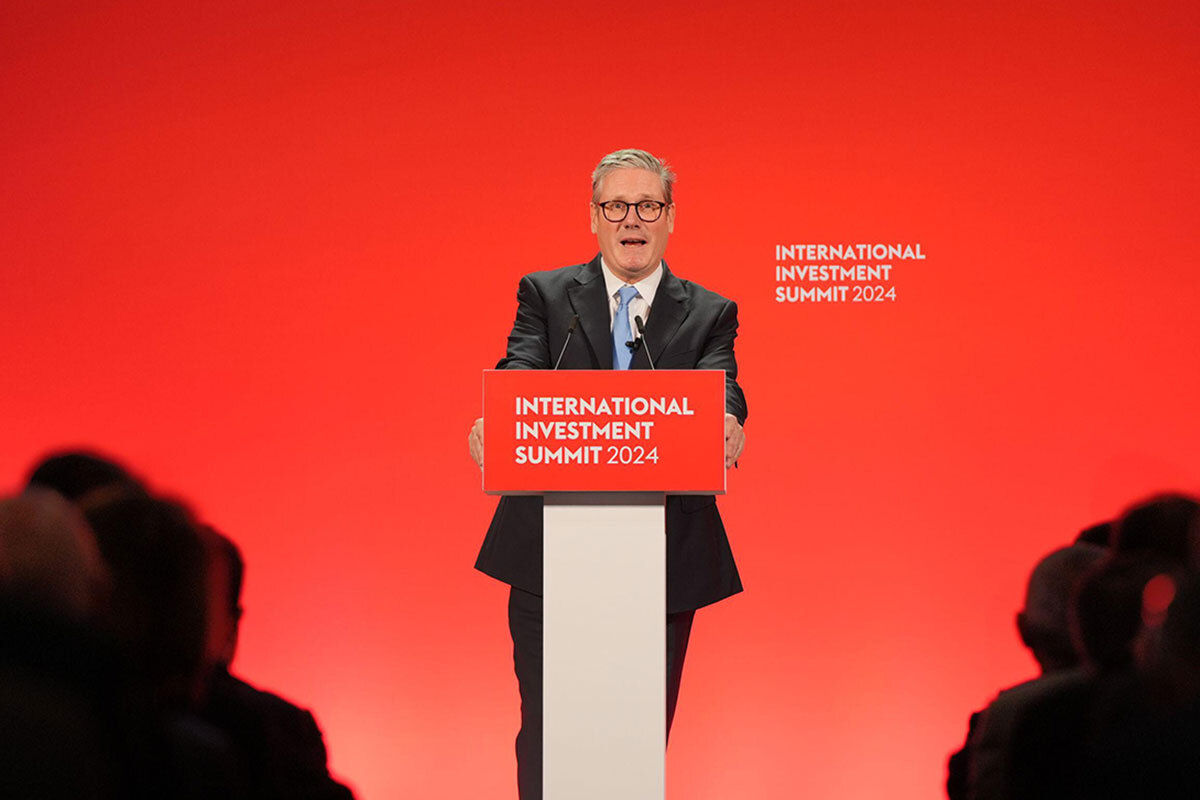
The new funding will go to 54 councils which will be able to use it to clear empty buildings, former car parks and industrial land to make way for new homes, the Ministry of Housing, Communities and Local Government (MHCLG) said.
Officials estimated that the cash will enable 5,200 homes to be built across the country.
Councils to benefit from the funding include £2.9m to Manchester to unlock to build 220 affordable homes, and £2.2m to Eastbourne to build 100 new homes on a former industrial site, including 80 affordable homes.
In addition, £1.7m will go to the town centre in Weston-Super-Mare to allow more than 100 homes to be built on brownfield land, and £1.4m to Northampton to transform a former bus depot and deliver 72 new homes.
The Brownfield Land Release Fund was launched in July 2022 under Boris Johnson’s government. It is providing £180m over three years to help local authorities build on brownfield land.
It was also announced today (Tuesday 15 October) that Homes England will invest £30m to accelerate the Riverside Sunderland regeneration scheme from the Brownfield Infrastructure Land Fund to help support the delivery of 1,000 new homes.
The announcements came this week amid the government’s International Investment Summit at the Guildhall in the City of London, where Sir Keir promised to strip back regulation that blocks investors.
He told hundreds of global business executives on Monday: “We’ve got to look at regulation where it is needlessly holding back the investment, to take our country forward.
“Where it is stopping us building the homes, the data centres, warehouses, grid connectors, roads, train lines, you name it, then mark my words – we will get rid of it. We will rip out the bureaucracy that blocks investment and we will make sure that every regulator in this country take growth as seriously as this room does.”
However, some in the union movement expressed concerns at the prospect of another deregulatory push akin to David Cameron’s “bonfire of red tape”. This was criticised in the first Grenfell Tower Inquiry report for having “dominated the department’s thinking to such an extent that even matters affecting the safety of life were ignored, delayed or disregarded.”
Sir Keir added yesterday: “Our brownfield-first approach will not only ramp up housebuilding, but also create more jobs, deliver much-needed infrastructure and boost economic growth across the country.
“This government is rolling up its sleeves and delivering the change the British people deserve.”
Matthew Pennycook, housing and planning minister, said: “The government is committed to a brownfield-first approach to housebuilding, and we have already taken steps to prioritise and fast-track building on previously used urban land through our proposals for a ‘brownfield passport’.
“The funding announced today will support the delivery of thousands of new homes and boost economic growth by unlocking development on scores of abandoned, disused and neglected urban sites across the country.”
Earlier today at the summit, it was also announced that tens of thousands of new homes will be built across Britain funded by £550m worth of impact investments. These investments, where a fund creates beneficial social or environmental impact, have now grown to £76.8bn in the UK in assets under management.
As well as publishing a retooled National Planning Policy Framework with mandatory housing targets for councils, the Labour government has launched a New Homes Accelerator group to unblock homes stuck in planning and pledged to bring in brownfield passports for schemes that meet design and quality standards.
Louise Gittins, chair of the Local Government Association, said: “We are delighted to continue our work with MHCLG, supporting councils to access the Brownfield Land Release Fund [BLRF] to remediate unviable council-owned brownfield land and bring it forwards for much needed homes.
“Delivered through the One Public Estate programme, BLRF is an important fund for English councils to unlock smaller sites and provides the flexibility for councils to deliver the types of homes their community needs at pace.”
Sign up for our development and finance newsletter
Already have an account? Click here to manage your newsletters
